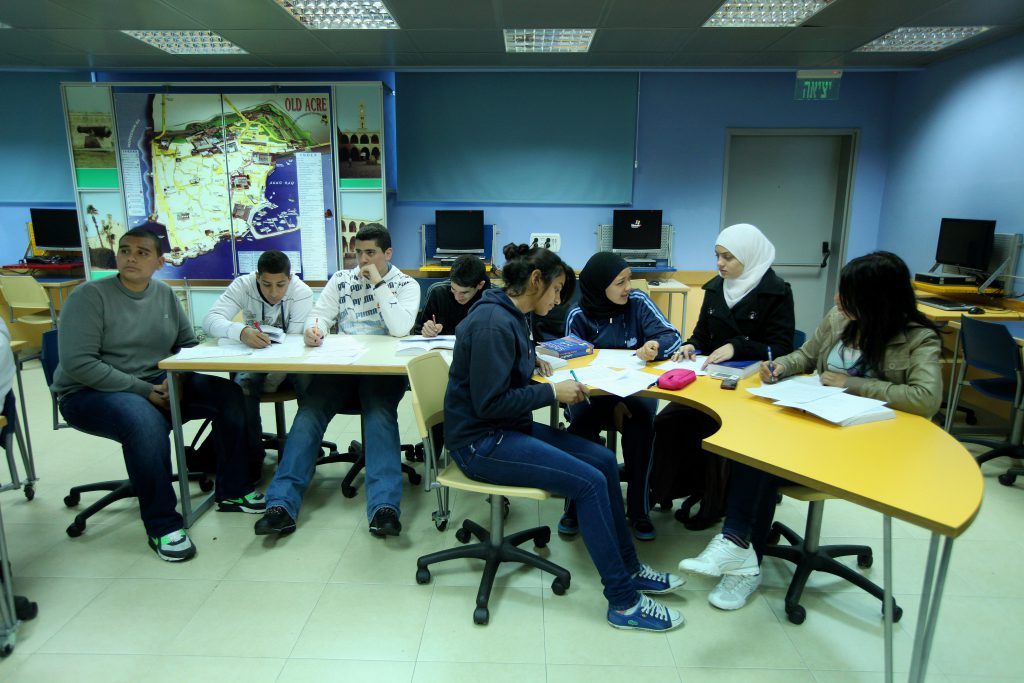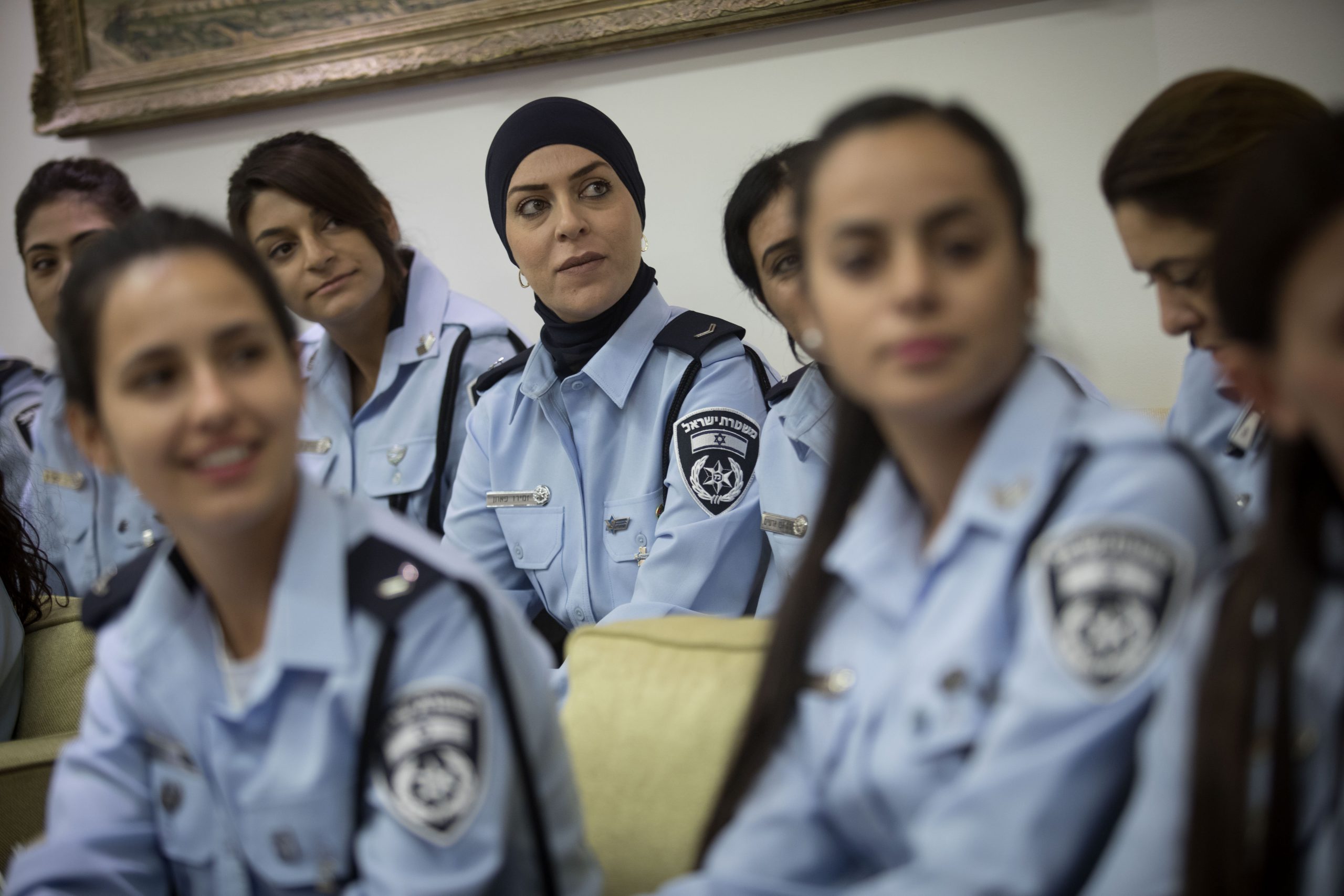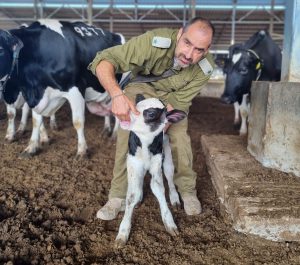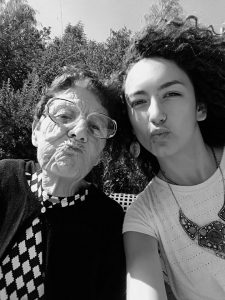Reduced Inequalities


Home » Reduced Inequalities » SDG 10-Equal Opportunity for Arab Israelis – Part 2
SDG 10-Equal Opportunity for Arab Israelis – Part 2
Updated: November 2020
Part one of this series on the status of equality for Israel’s Arab community following the 2015 adoption of a five-year economic development plan (GR-922) focused on employment, particularly in the wake of the coronavirus crisis. The country’s efforts to close gaps include a number of other vital areas worthy of examination, as explored here.
Education
According to new data issued by Israel’s Central Bureau of Statistics, the number of Arab students studying for bachelor’s degrees in computer science, mathematics, computer engineering and electronics rose by 12% in 2019/20 (to 4,534 students). These figures, processed by Tsofen (a non-profit focused on developing the hi-tech sector in the Arab community), constitutes a 68% jump over the past three years.
Another off-shoot of GR-922 includes a new Arabic language proficiency exam setting higher standards for future teachers now routinely given. Other tangible expressions of the decision’s impact include: Pre-academic training for future Bedouin teachers (including training for their trainers), enhancement of Arabic language training, pedagogy, academic support, and additional training components for teachers of all subjects and all grade levels.


The number of Arab students in 12th grade eligible for a full matriculation (“Bagrut”) certificate has risen from 58.4% to 64.8%. In addition, the number of 12th graders studying the highest level of math (“5 points”) has risen to 10%, up from 7.2% previously.
For elementary schools, NIS 500 million was allocated in order to provide 31,000 additional teaching hours in math, Hebrew and Arabic. Furthermore, even more hours were added for schools in weak Arab communities (together with existing measures to support vulnerable communities). The Ministry of Education has added programs to strengthen the level of science and math education for Bedouins in the southern region. Looking forward, GR-922 also includes plans to construct more classrooms and renovate schools that are overcrowded or have fallen into disrepair.
Nevertheless, it appears that primary and secondary school education were hit hard by the coronavirus crisis. Specifically, throughout the period it was widely reported that high percentages of Arab students were unable to connect to remote learning in a continuous manner. This situation has been attributed to a number of factors, particularly equipment availability and infrastructure quality.
Transportation & Infrastructure
A sum of NIS 2.15 billion has been invested in infrastructure in the Arab community during the period of 2016-19, including 24 roadwork projects already completed and another 37 currently in progress. In this context, the number of Arab towns serviced by public transportation – important in the context of employment, as well as in its own right – grew to 124 in 2019 (from 116 in 2016), while the amount of routes run on a weekly basis increased to 60,256 in 2019 (from 35,903 in 2016).
Regarding transportation and road safety, there has been a significant rise in the number of public transportation users in Arab communities following the increase of bus services in Arab municipalities. Dozens of new bus lines have been created, improving frequency and geographical coverage of the existing lines.
In the area of water conservation, more water purification plants have been constructed. With regard to sewage, there has been a rise in the number of Arab municipalities connected to professional sewage services. Land redemption programs are being funded for the development of the Arab sector, and funds from “Toto” (official supervised sports gambling) are being allocated for the construction of Arab community sports centers. Dozens of playgrounds and soccer fields in the community have also been created in the past four years.


Community & Safety
At the community level, a GR-922 NIS 569 million investment facilitated the opening of 11 new police stations, the expansion of two existing stations and the recruitment of about 400 new Arab police officers (including 42 women); prior to the GR-922 there were only 342 Muslim police officers in total.
In addition, 80 more positions in national civilian service were created for all youth groups in the Arab community. Furthermore, a new program called “the universal volunteer” was established; a joint initiative between the National Civilian Service Authority and the Ministry of Education, the program focusing on the training of young women in the minority community for meaningful service in educational institutions.
While much more ground still needs to be covered to attain equal opportunity, Israel’s Arab community can draw encouragement from economic development and life improvements especially since implementation of GR-922 was launched.
Related articles


SDG 10 – Government Safety Net
Reduced Inequalities Internal tensions are running high in Israel, for obvious reasons. One area of criticism that continues to reverberate is the government’s perceived slow


SDG 10 – Civil Society Steps Up
Reduced Inequalities It’s no secret that Israel’s civil society organizations are among the most robust in the world. Now operating in the shadow of war,


SDG 10- Volunteering as a Way of Life – Part 2
Reduced Inequalities Read Part 1 As we mentioned in an earlier post, the 2017 Civic Service Law created for the first time in Israel’s history


















